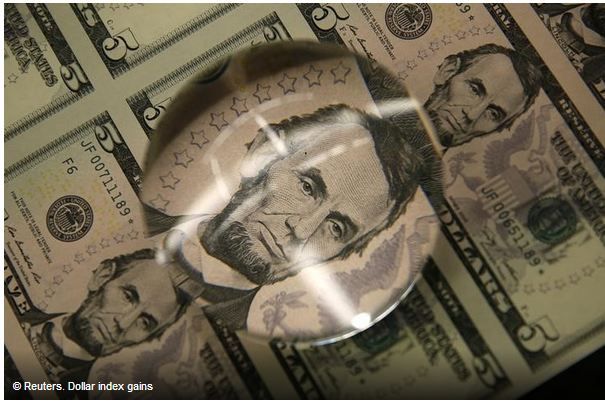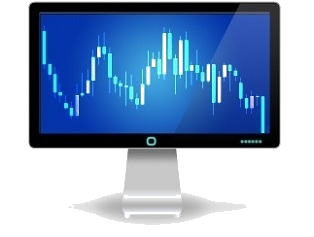The yen gained slightly in early Asia on Wednesday as data on machinery orders provided a lift in sentiment and demand was supported by safe-haven buying linked to increased tensions on the Korean peninsula with Chinese President Xi Jinping holding a telephone call with U.S. President Donald Trump over the issue.
In Japan, core machinery orders jumped 5.6% year-on-year in February, beating a 2.5% gain seen, though the month-on-month figure rose 1.5%, missing the 3.7% gain expected. At the same time, PPI (producer prices) in Japan rose 1.4% year-on-year in March, a tad faster than the 1.3% rise seen. USD/JPY changed hands at 109.51, down 0.10%. AUD/USD traded at 0.7495, down 0.05%.
China reported CPI for March fell 0.3% as expected month-on-month and a rose 0.9% year-on-year, a tick less than seen. PPI in China irose 7.6% as expected.
The U.S. dollar index, which measures the greenback’s strength against a trade-weighted basket of six major currencies, drose 0.02% to 100.63.
Overnight, the dollar slumped against a basket of major currencies on Tuesday, as the ‘flight to safety’ sentiment began to set in for investors amid rising geopolitical tensions.
In the absence of top-tier market moving economic data on Tuesday, rising geopolitical events remained front and center, as investors poured into safe-haven assets, after expectations grew the U.S. may take military action against North Korea.
The U.S decided to move a Navy strike group toward the Korean peninsula amid continued missile tests by North Korea.
Meanwhile, President Donald Trump tweeted on Tuesday, “North Korea is looking for trouble” and signalled that the U.S. is prepared to solve the problem on its own, should China decline to offer assistance.
Elsewhere, further signs of ‘a flight to safety’ surfaced Tuesday, after demand for U.S. treasuries soared, which further suppressed yields – the U.S. 10-Year fell to a session low of 2.293.
The slump in the dollar reflected some analysts’ commentary on the short-term trend for the greenback, after Morgan Stanley (NYSE:MS) noted in a research report to clients that “USD positioning is short but warned that “sentiment has improved in recent trading sessions.”

























































